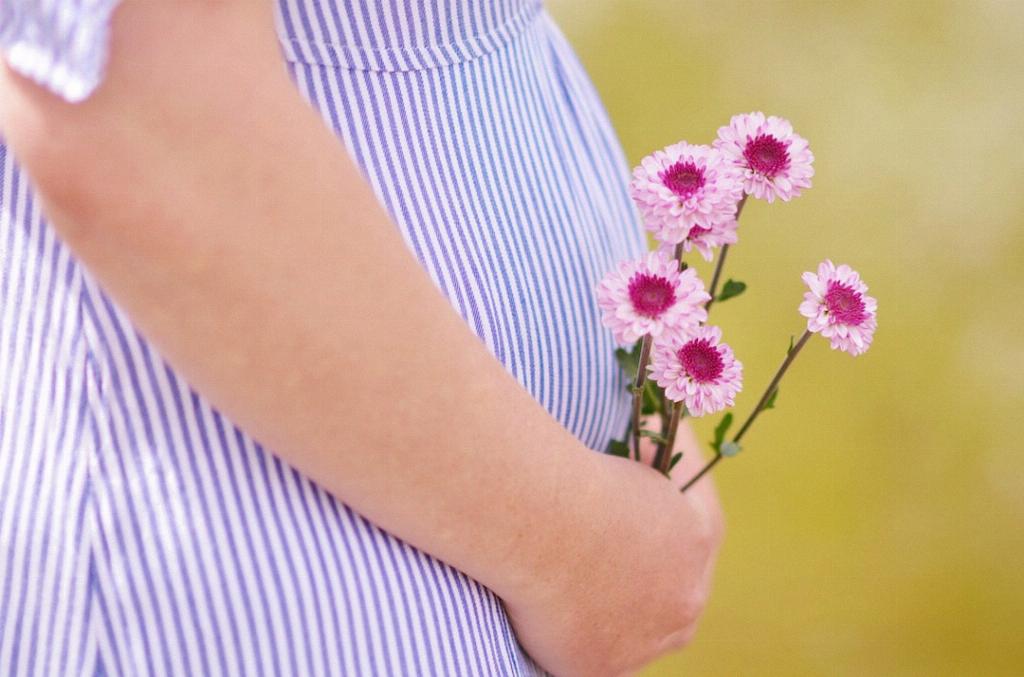Menopause marks the end of a woman’s reproductive years, typically occurring in her late 40s or early 50s. The hormonal changes during menopause lead to the cessation of ovulation and menstruation. This means that the ovaries no longer release eggs, making it impossible for a woman to conceive naturally.
The Role of Menopause in Pregnancy
With the absence of ovulation, the chances of pregnancy during menopause are extremely low. The decline in estrogen and progesterone levels affects the uterine lining, making it difficult for a fertilized egg to implant and develop. Additionally, the quality and quantity of eggs diminish as women age, further reducing the likelihood of conception.
Donor Eggs and Assisted Reproductive Technologies
Despite the natural impossibility of getting pregnant during menopause, advancements in assisted reproductive technologies have opened up avenues for women to still experience pregnancy. Donor eggs—either fresh or frozen—can be used to achieve pregnancy even after menopause. These eggs are fertilized with sperm through in vitro fertilization (IVF) and transferred to the uterus for implantation.
Considering the Risks and Challenges
While the option of using donor eggs provides a lifeline for women in menopause desiring pregnancy, it comes with its own set of risks and challenges. Pregnancy at an older age carries higher risks of complications such as gestational diabetes, hypertension, and preterm birth. It’s crucial for women considering pregnancy post-menopause to consult with healthcare providers to understand and manage these risks.
Emotional and Psychological Aspects
Deciding to pursue pregnancy during menopause can evoke a mix of emotions, including excitement, apprehension, and uncertainty. It’s important for women and their partners to have open and honest discussions about their feelings, expectations, and concerns regarding starting a family through donor eggs or other assisted reproductive methods.
Support Systems and Counseling
Seeking support from friends, family, or counseling services can be beneficial for individuals navigating the complex process of pregnancy during menopause. Emotional support and guidance can help individuals cope with the physical, emotional, and psychological challenges that come with pursuing pregnancy at a later stage in life.
Legal and Ethical Considerations
Before embarking on the journey of pregnancy post-menopause, it’s important to be aware of the legal and ethical aspects surrounding the use of assisted reproductive technologies. Understanding the rights and responsibilities involved in using donor eggs and gestational surrogacy can help individuals make informed decisions.
The Importance of Preconception Care
Prior to attempting pregnancy during menopause, women should focus on optimizing their health through preconception care. This includes maintaining a balanced diet, engaging in regular physical activity, and addressing any underlying health conditions that could impact pregnancy outcomes.
Financial Considerations
Embarking on the journey of pregnancy during menopause using assisted reproductive technologies can come with significant financial implications. It’s essential to consider the costs involved in procedures such as IVF, donor egg retrieval, and prenatal care, as well as any potential insurance coverage or financing options.
Exploring Alternative Paths to Parenthood
For individuals who are unable to conceive through traditional means or assisted reproductive technologies, exploring alternative paths to parenthood, such as adoption or fostering, can provide fulfilling opportunities to build a family. It’s important to consider all available options and determine the best path forward based on individual circumstances.
Conclusion
While getting pregnant naturally during menopause is not possible due to the cessation of ovulation and the decline in egg quality, advancements in assisted reproductive technologies have made it feasible for women to achieve pregnancy using donor eggs. It’s essential to weigh the risks, emotional considerations, legal aspects, and financial implications before embarking on the journey of pregnancy during menopause.
References
No references are cited for the content presented in this article, as the information provided is based on general knowledge and understanding of menopause, fertility, and assisted reproductive technologies.

